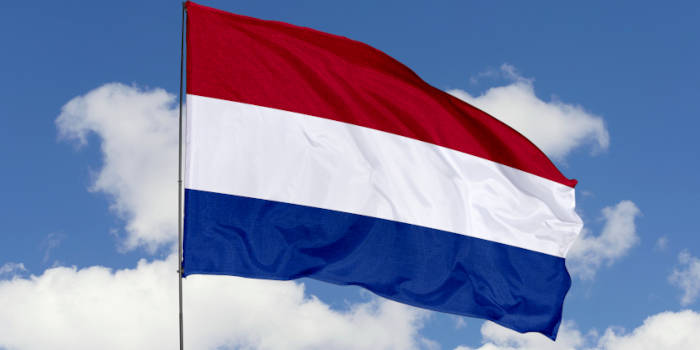Belgium Approves Royal Decree for Gambling Player Protection

Last Friday, Belgium’s Council of Ministers approved amendments to the ‘Royal Decree on Games of Chance and the Protection of Players’ (1999).
Belgium Lowers Weekly Mandatory Deposit Limit
Belgium’s Minister of Justice and Deputy Prime Minister, Vincent Van Quickenborne, proposed new draft amendments to Belgium’s ‘Royal Decree on Games of Chance and the Protection of Players’ (1999), and the Belgium Council of Ministers approved them. The draft proposals require to be overseen by the Council of State and Belgium’s Data Protection Authority.
In 2020, the Belgium Gambling Commission (BGC) made a $589 weekly deposit limit – a civic safeguard during the pandemic. It was to be revised when the government eased restrictions. Quickenborne’s proposal includes amendments of the Royal Decree to “revise downwards” Belgium’s current mandatory weekly deposit limit to drop from $589 to $235 as a fixed standard weekly.
Quickenborne Proposes an Update to EPIS
The lowering of the weekly deposit would be implemented by BGC and the National Bank of Belgium NBB as a “cooperative agreement.” It would create a centralized player registry for consumer protection and affordability to gamble. Moreover, the Decree amendment proposed by Quickenborne would update the Excluded Persons Information System – EPIS, established in 2004, which only covered player entry to Belgium’s land-based gambling facilities. The minister of Justice called for the temporary restriction to be removed and a lower deposit limit across websites enforced.
If a person enters an online casino, slot machine arcade or betting website, the individual must register with his or her name and date of birth. The player has to then be checked in EPIS to verify eligibility to access the platform. According to the Belgium government, EPIS is a powerful tool against problem gambling.
Belgian Gaming Policy Update
The Belgian gaming policy is comprised of two pillars, as the first one is the monopoly regime of the public lotteries, owned by the National Lottery operator, and the second one is of licensed operators, granted a license by the BGC. The commission prohibits any form of gambling outside of the licensed operators. To protect players from any illegal form of gambling, the Lottery and the Commission grant a limited amount of licenses to operators.
The BGC can issue a warning and administrative fines against illegal operators. The commission also has mechanisms to prevent its residents from accessing illegal gambling websites (including foreign ones) through a blacklist, available on the Gaming Commission website.
Eva is a PR specialist and communications expert with ten years of experience in campaign organizing and creative writing. She is also a published author of fictional stories. Eva recently developed an interest in economics and the gaming industry after discovering the inspirational story of Molly Bloom.














